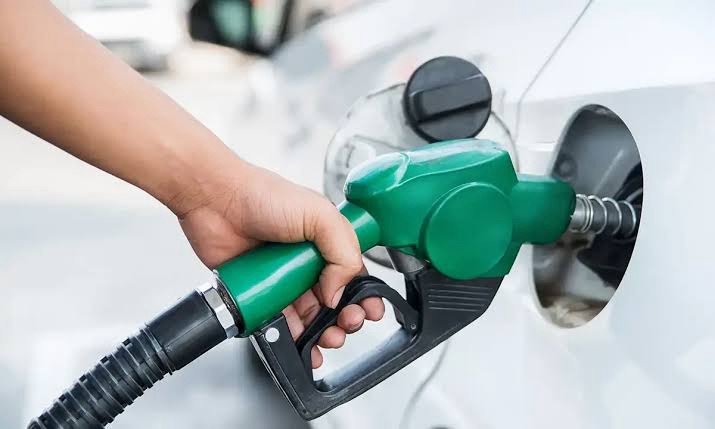Government Announces Minor Petrol Hike and Major LPG Price Cut; Digital Tracking Bill Introduced to Combat Smuggling
Key Takeaways:
1. Petrol prices in Pakistan have increased by Re1 per litre, now at Rs253.63, while LPG prices have dropped by Rs4.62 per kg for June.
2. The government has introduced a bill for digital tracking of petroleum products to combat smuggling and revenue loss.
3. Ogra’s price adjustments are linked to international market trends and currency fluctuations, directly impacting Pakistani consumers.
Islamabad, Pakistan – The Finance Division has announced a modest increase in petrol prices by Re1 per litre, raising the rate to Rs253.63 per litre effective immediately. In contrast, the price of liquefied petroleum gas (LPG) has dropped significantly, with a reduction of Rs4.62 per kilogram for June, bringing relief to households and businesses across Pakistan.
The new petrol price, up from Rs252.63, was set following recommendations from the Oil and Gas Regulatory Authority (Ogra) and relevant ministries. Meanwhile, Ogra’s notification confirmed that the price of an 11.8kg LPG cylinder has decreased by Rs54.6, now costing Rs2,838.31 compared to Rs2,892.91 in May. Consumers will now pay Rs240.53 per kg for LPG, down from Rs245.16 last month.
Ogra attributed the LPG price drop to a 2.67% decrease in the Saudi Aramco Contract Price (CP) and a marginal 0.35% increase in the average US dollar exchange rate. These adjustments have directly benefited Pakistani consumers, especially as LPG remains a vital energy source for many households.
In a significant policy move, the government has introduced the Petroleum (Amendment) Act, 2025 in the National Assembly. The bill, spearheaded by Petroleum Minister Ali Pervaiz Malik, aims to digitally track petroleum products from import and production to retail sales. This digital overhaul is expected to curb rampant smuggling and adulteration, which currently result in annual revenue losses estimated between Rs300-500 billion and cause environmental harm and vehicle engine damage.
The proposed amendments to the 1934 Petroleum Act include IT-based tracking systems, stricter actions against illegal transportation and decantation, and a crackdown on unauthorized petrol pumps. Earlier this month, authorities sealed eight units involved in illegal LPG cylinder sales, imposing fines as part of intensified enforcement.
For Pakistani consumers and the national economy, these developments signal both immediate relief and long-term reforms aimed at ensuring transparency, reducing losses, and protecting the environment.




